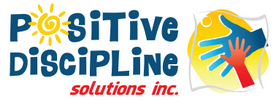Talking to Children in Ways that Invite Cooperation
We’ve always heard that how we say something is more important than what we say. Now we know why. It’s because of mirror neurons. Mirror neurons allow us to tune in to the movements and feelings of others and are often referred to as “monkey see, monkey do” neurons. They read someone else’s intention as […]
Talking to Children in Ways that Invite Cooperation Read More »
